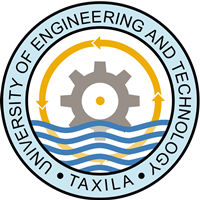Menu
- Home
-
About
-
Admissions
-
-
Admissions
-

-
Procedures
- How to Apply
- Online Admissions
- Categories & Seats
- Fee
-
-
-
Academics
-
-
Academics
-
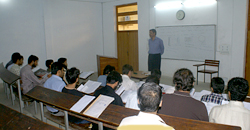
-
Main Links
- Academic Heads
- Departments
- Programs
- Institute of Applied Technologies
- Academic Schedule
- AMSYS
- ERP Application
-
-
-
Research
-
-
Research
-
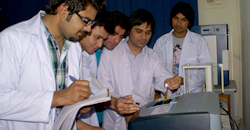
-
Research Office
- ORIC
- ASR & TD
- Technical Journal
- CoE-CPEC
-
Research & Projects
- Research & Publications
- Research Grants
- Under Implementation
- Approved for Year 2015-16
- Forms & Guidelines
-
HEC Databases
- HEC Databases
-
-
-
Students
-
-
At UET Taxila
-

-
Students
- Dues & Financial Aid Services
- Scholarships
- Directorate of Students Affairs
- Societies
- Rashid Cheema Health and Blood Donors Society
- Academic Schedule Notification
- Students Reistrations
- Academic Calendar
-
Main Events
- Conferences
- Workshops
- CEO Talks
- Convocations
- Seminars
- --------------------------------------
- All Events
-
On Campus Facilities
- Library
- Cafeterias
- Hostels
- Medical Centre
- Transport
-
Activities
- Sports
- Activities at UET
-
-
-
Advertisements
-
-
Advertisements
-

-
Posts Vacant
- Admin Positions
- Faculty Positions
- Staff Required
-
Tenders
- Central Purchase Committee
-
Tenders/Pre-Qualification
- Building & Works
-
-
-
Projects
-
-
Development Projects
-
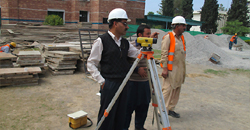
-
Strengthening and UpGradation of UET Taxila and its Sub Campus
- 300-Boys Hostel
- Combined Academic Block
- Overhead/ Underground Water Tank
- Sewerage & Disposal
-
Provision of Basic Infrastructure & Establishment of Telecom Engg. Dept.
- About Project
-
-
-
Main Sites
-
-
Main Sites
-
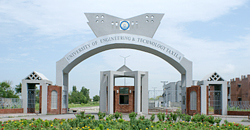
-
Sub-Campuses
- Sub-Campus PD Khan
-
-
-
Examinations
-
Contact
-
- RTI
- Downloads
-
Convocation
-
-
Convocations
-

-
-
